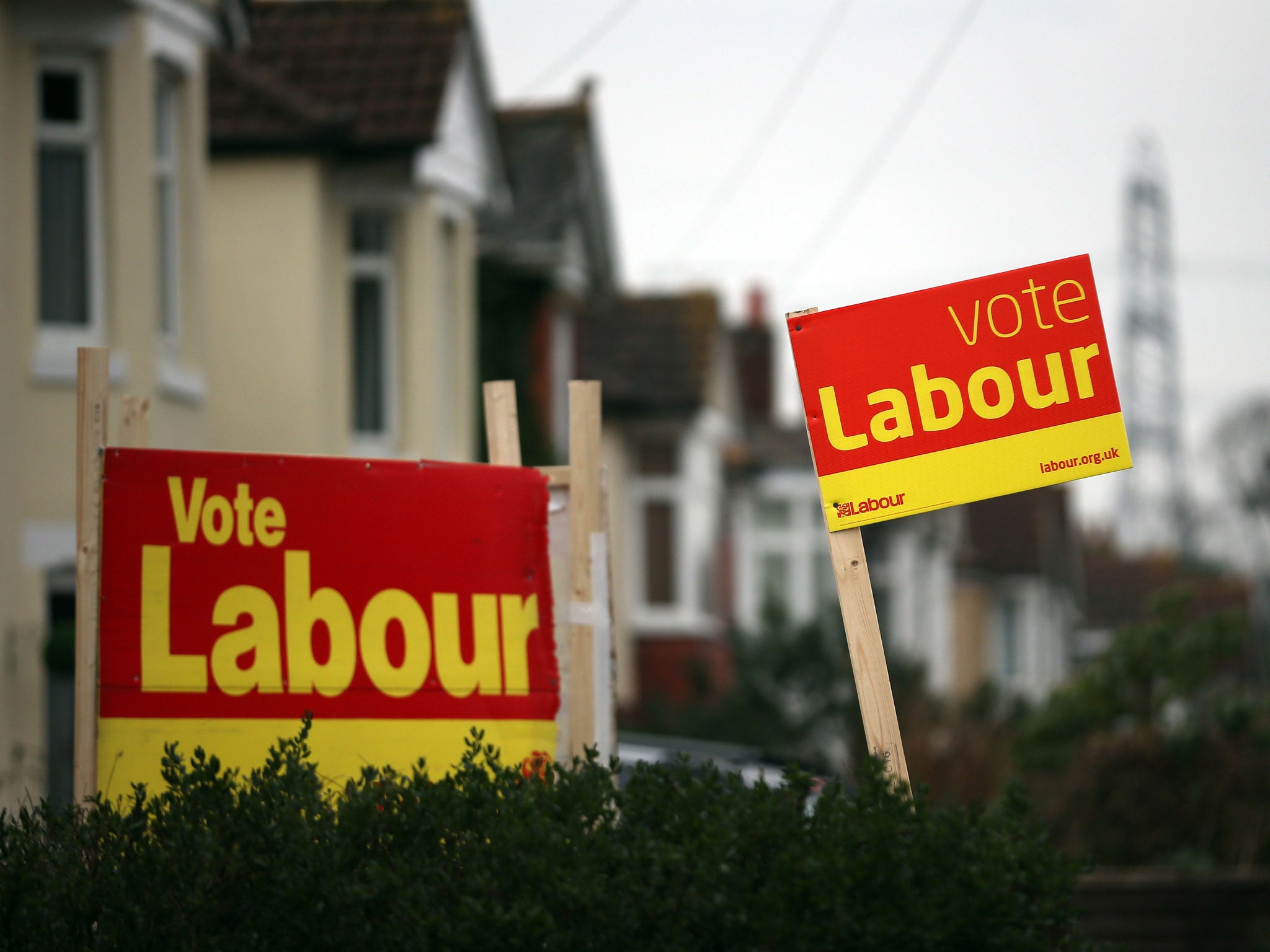Labour's opinion poll lead drops to just three points as Tories enjoy post-Budget 'mini-bounce'

Your support helps us to tell the story
From reproductive rights to climate change to Big Tech, The Independent is on the ground when the story is developing. Whether it's investigating the financials of Elon Musk's pro-Trump PAC or producing our latest documentary, 'The A Word', which shines a light on the American women fighting for reproductive rights, we know how important it is to parse out the facts from the messaging.
At such a critical moment in US history, we need reporters on the ground. Your donation allows us to keep sending journalists to speak to both sides of the story.
The Independent is trusted by Americans across the entire political spectrum. And unlike many other quality news outlets, we choose not to lock Americans out of our reporting and analysis with paywalls. We believe quality journalism should be available to everyone, paid for by those who can afford it.
Your support makes all the difference.Labour’s opinion poll lead has halved to just three points in the past month as the Conservatives enjoy a mini-bounce from the Budget.
The Independent’s latest “poll of polls” puts Labour on 36 per cent, the party’s lowest rating since September 2010 in this monthly weighted average of surveys by ComRes, ICM, Ipsos MORI and YouGov.
Labour dropped three points during March, while the Conservatives rose by one point to 33 per cent. The Labour lead is now at its lowest level since February 2012, just before the “omnishambles” Budget which damaged the Tories’ ratings. The Liberal Democrats are up one point to 11 per cent and the UK Independence Party unchanged on 11 per cent.
Although the latest figures would give Labour an overall majority of 12 seats if repeated at a general election, they will increase the jitters among some of the party’s backbenchers. They believe their party needs a much bigger cushion to be confident of winning next year’s election and think its best hope is to be the largest party in a hung parliament.
John Curtice, professor of politics at Strathclyde University, who compiled the figures, said: “The potential fragility of Labour’s lead has been exposed during the last month. An apparently favourable reaction to the Budget served to expose the party’s continued lack of economic credibility.” He said there appeared to be a slight drop in Labour’s support among people who voted for the party in 2010.
However, Professor Curtice said it was too early to say whether the Budget will prove a “game-changer” and there were signs in the most recent surveys that its effect might already be dissipating as memories fade. He also saw little sign that the Tories had won back supporters who have defected to Ukip. This was seen as a key aim of the Budget, which targeted the over-50s with big reforms to pensions and savings.
Labour sources admit the Tories have enjoyed a “mini-bounce” from the Budget but believe it will prove short-lived and insist that Ed Miliband will not be diverted from his campaign on the “cost of living crisis.”
But as Labour worries about a possible Tory recovery, it also faces pressure from another direction. Nigel Farage, the Ukip leader, said on Monday that his party would target its resources in the run-up to the European Parliament elections on May 22 in an attempt to eat into Labour’s core vote. “We are going to be spending the bulk of our money in the next eight weeks in the big Midlands and Northern cities, targeting the Labour vote,” he said.
Speaking in London, Mr Farage said Ukip had to focus on these cities if it is to “overhaul the Labour Party, win these elections and strike a blow to Miliband’s credibility as a winner”.
Ukip has come second in the last 16 months in parliamentary by-elections in four Labour strongholds in the North – Rotherham, South Shields, Middlesbrough and Wythenshaw and Sale East.
Mr Farage said: “We were a party of ‘high Tories’ and very, very middle class. As we expanded, our expansion among working class voters has overwhelmed that middle class support.” He added that Ukip had won over working-class voters who had briefly backed the British National Party who did not agree with its racist agenda but were “frustrated, upset with the change in [their] community”.
Join our commenting forum
Join thought-provoking conversations, follow other Independent readers and see their replies
Comments